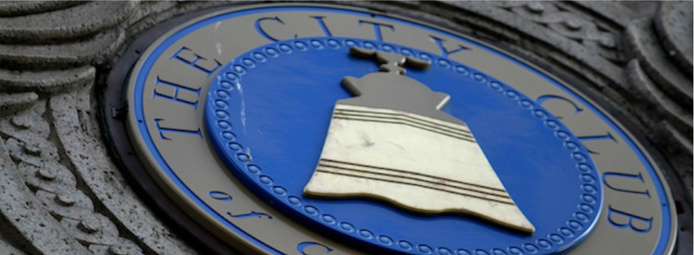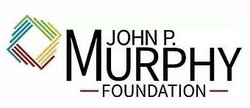Monday, December 17, 2018
#FREESPEECH IN THE NEWS: DECEMBER 17, 2018

As the Citadel of Free Speech here in Cleveland, we work to protect and promote the basis of our democracy by sharing related stories, commentary, and opinions on free speech in the 21st century. Here's what's making the news – and what you should know about – in the past week.
1.) Juror intimidation law survives free speech challenge
A battle over the constitutionality of North Carolina’s law against juror harassment is headed to the state’s Supreme Court after a divided Court of Appeals panel rejected a legal challenge brought by a man convicted of conspiring to harass jurors in Watauga County.
After jurors convicted Dan Mylett of assaulting a police officer in 2016, Dan’s twin brother, Patrick Mylett, and Dan’s girlfriend “loudly confronted” jurors as they were leaving the courtroom in 2016. Patrick Mylett appealed his conviction on the conspiracy charge, arguing that the juror harassment statute is unconstitutional because it violates the First Amendment.
Among other things, the law makes it illegal to threaten or “intimidate” a former juror in response to any actions the person took while serving on a jury. Mylett argued that the law was unconstitutionally vague because the term “intimidate” is not defined.
2.) Berkeley scientists developing artificial intelligence tool to combat ‘hate speech’ on social media
Scientists at the University of California, Berkeley, are developing a tool that uses artificial intelligence to identify “hate speech” on social media, a program that researchers hope will out-perform human beings in identifying bigoted comments on Twitter, Reddit and other online platforms.
Scientists at Berkeley’s D-Lab “are working in cooperation with the [Anti-Defamation League] on a ‘scalable detection’ system—the Online Hate Index (OHI)—to identify hate speech,” the Cal Alumni Association reports.
In addition to artificial intelligence, the program will use several different techniques to detect offensive speech online, including “machine learning, natural language processing, and good old human brains.” Researchers aim to have “major social media platforms” one day utilizing the technology to detect “hate speech” and eliminate it, and the users who spread it, from their networks.
3.) First Amendment scores a win in federal court
The First Amendment won a round in US District Court this week with a ruling that a 50-year-old Massachusetts law was never intended to apply to the recording of police or other government officials by activists or journalists.
The ruling narrows considerably the scope of a law passed long before the invention of cell phones and the window they can now provide on potential wrongdoing by public officials. Massachusetts’s wiretap law prohibits virtually any secret audio recordings, even in public settings. It is one of only 11 states with similar laws.
But a ruling issued Monday by US District Court Judge Patti Saris found, “On the core constitutional issue, the Court holds that secret audio recording of government officials, including law enforcement officials, performing their duties in public is protected by the First Amendment, subject only to reasonable time, place, and manner restrictions.” And so, she added, the law “is unconstitutional in those circumstances.”





